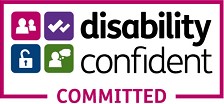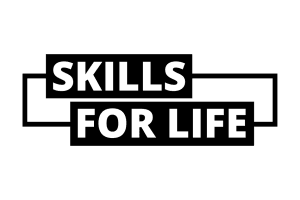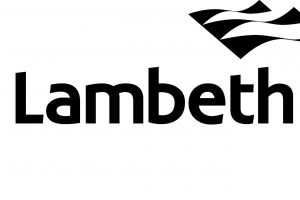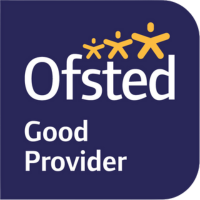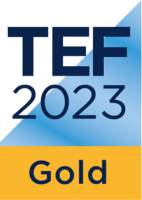The MA Creative Practice is an interdisciplinary, studio-based course that empowers you to explore and develop your creative practice within a supportive, professionally focused environment. It integrates critical theory, research, entrepreneurship, and social purpose to help you define and realise your personal and professional ambitions. The course provides an opportunity to study at an advanced level through a creatively challenging, yet supportive and structured interdisciplinary learning framework and environment.
You will:
- extend your specialist skills in ceramics, fashion, textiles, fine art, millinery, music and sound, and photography.
- develop professional, communicative, reflective, analytical and critical skills
- further explore and investigate your creative practice
- learn about conceptual, contextual and critical perspectives
- study research methodologies required for successful creative practice
The course integrates scholarly study with creative and professional practice through knowledge transfer. You will:
- learn how to apply your own creative processes and perspectives for a professional life within the business of creativity
- investigate a range of exciting professional opportunities for you and your work
- develop the professional tools to help you define and apply your creative ambitions, for example, in creating your own studio practice, working in the creative and cultural industries or utilising creativity for the good of society
The course introduces critical and contextual perspectives for creative practice, You'll explore social justice: diversity, inclusivity, environmental sustainability and the economic, technological, cultural and political impact of creative practice.
For this course there is a 10 percent fee discount for current Morley students or alumni.



